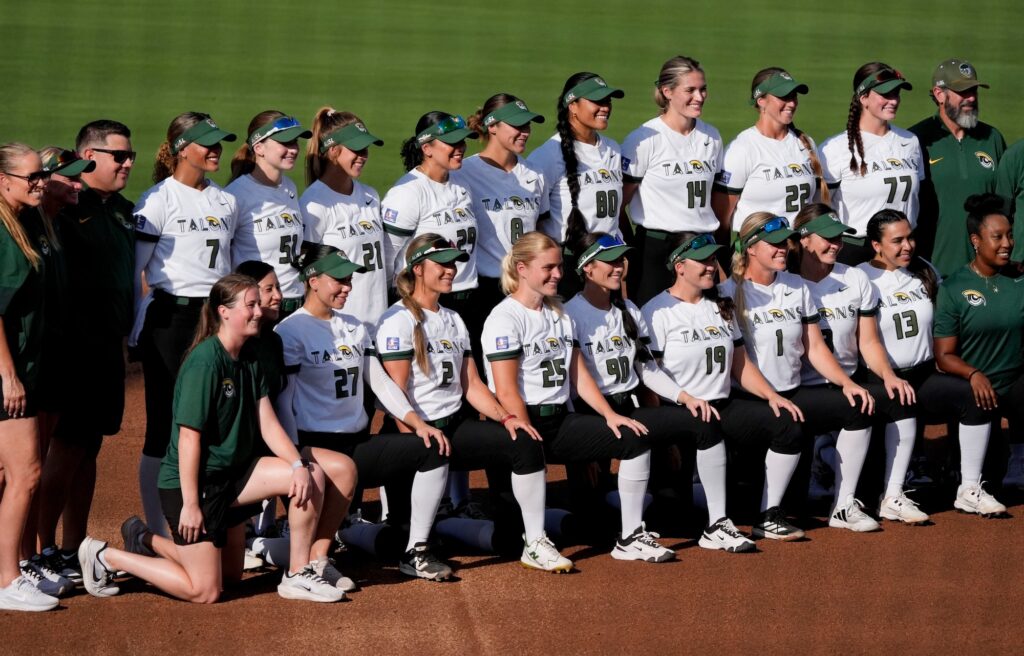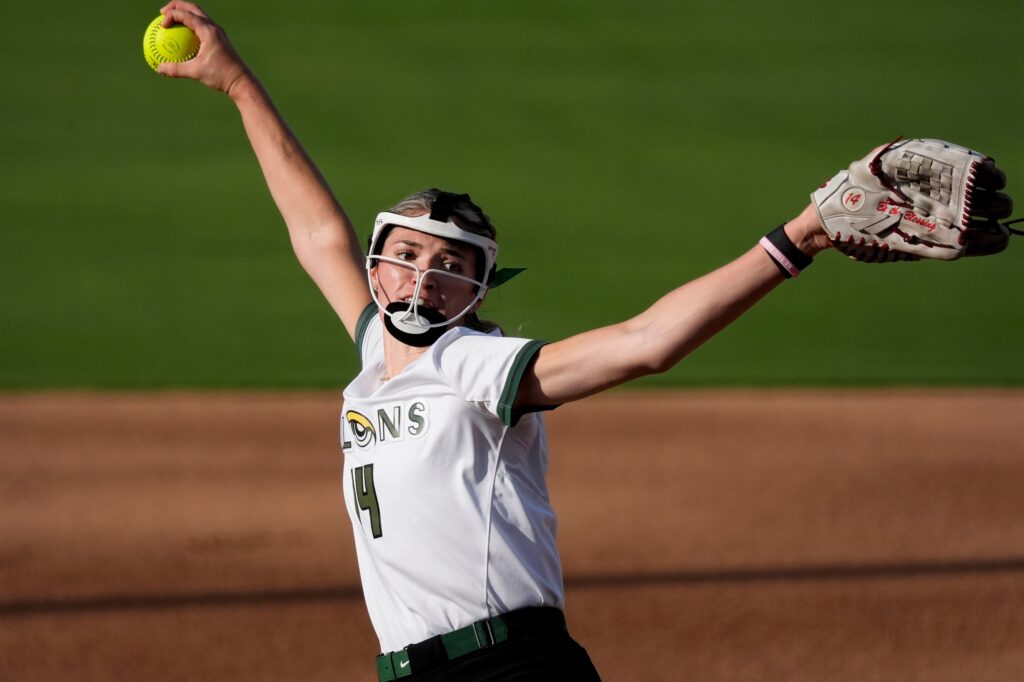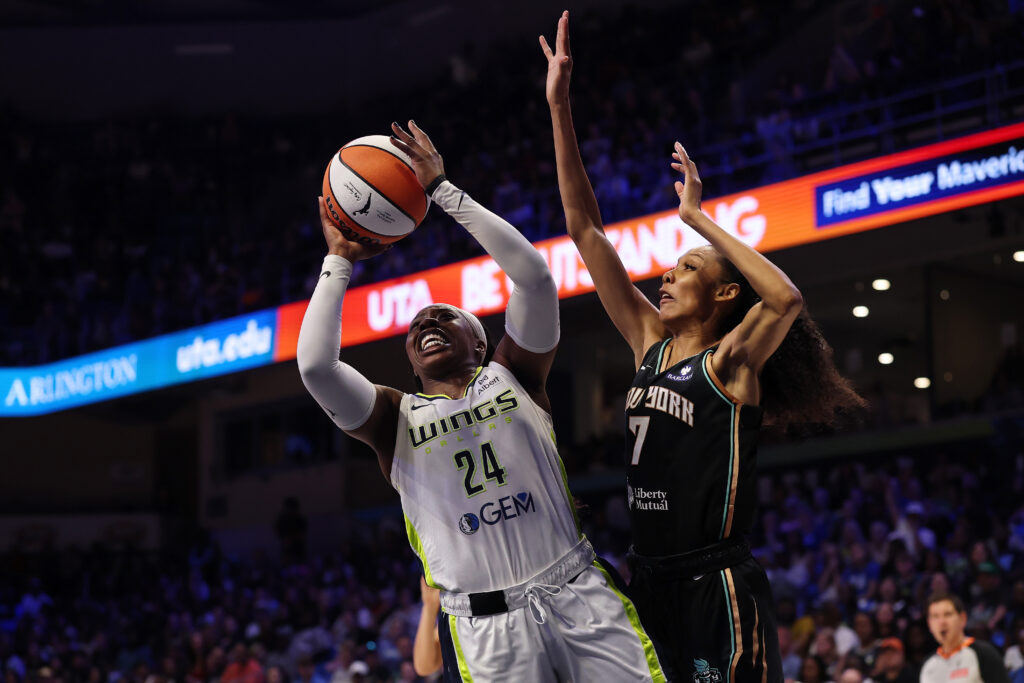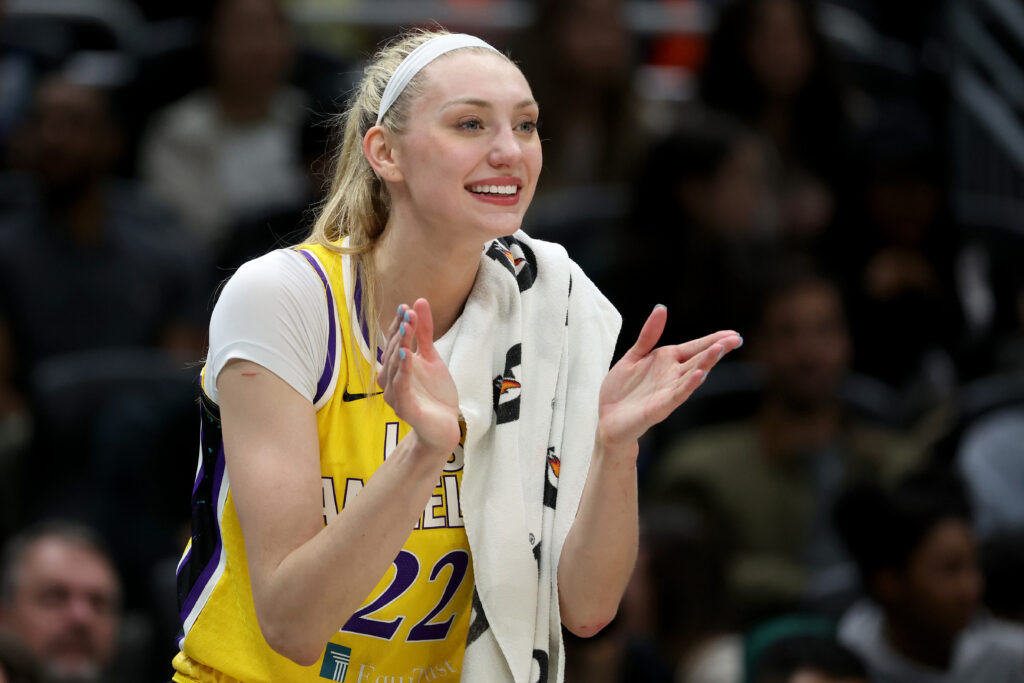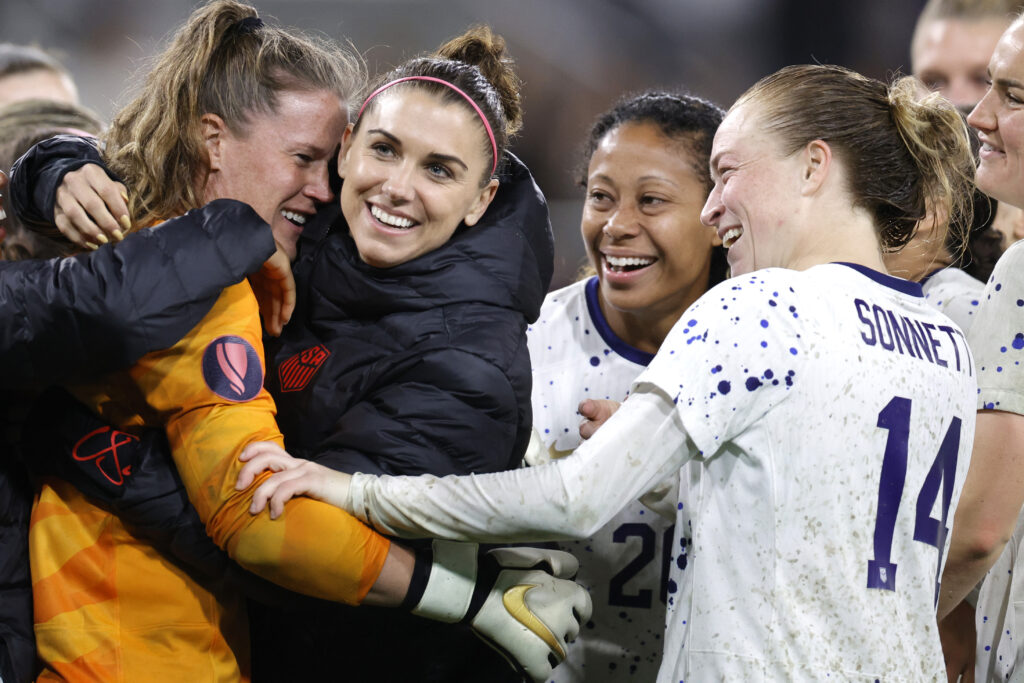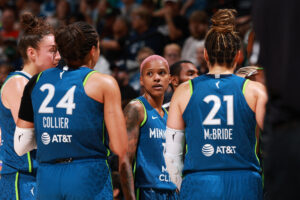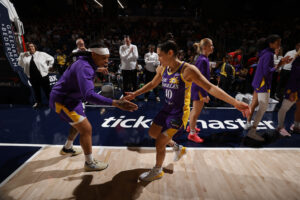When Cathy Engelbert took over as WNBA commissioner in the middle of the 2019 regular season, she had many immediate responsibilities but one overarching directive: Grow the business of the league.
From her 33 years at Deloitte, including the last four as CEO, Engelbert had acquired the experience to assess the financial viability of a situation and identify the steps necessary to resolving it. In her role with the WNBA, that meant ratifying a landmark collective bargaining agreement in 2020 and, on Thursday, ushering in $75 million in funding, the largest-ever capital raise for a women’s sports property.
The valuation of the raise totals $1 billion, according to sources with knowledge of the transaction.
With the backing of more than two dozen investors, both existing WNBA and NBA owners and new partners, the WNBA aims to generate new revenue and transform the league’s business model entering its 26th season. For Engelbert, it’s the next step toward validating what she set out to achieve in 2019.
“One of the reasons I was hired by Adam [Silver] was to build an economic model that could enhance pay and benefits and everything we did in that CBA,” Engelbert told Just Women’s Sports on Wednesday.
“From my many years in business, in order to grow a business, you need capital. So we’re going to take advantage of the huge momentum from the 2020, 2021 seasons. Although those were very tough seasons from a COVID and fan perspective, there’s huge momentum for women’s sports, and particularly the WNBA leading it.”
The league’s first capital raise is made possible by original supporters like inaugural WNBA Changemaker NIKE Inc., and WNBA owners Ginny Gilder, Ted Leonsis and Joe and Clara Tsai. Engelbert also leveraged her connections to enlist a diverse set of new investors, such as WNBA legend Swin Cash, former NBA stars Pau Gasol and Baron Davis, former U.S. Secretary of State Condoleezza Rice, Dell Technologies CEO Michael Dell, and Linday Henry, CEO of the Boston Globe and owner of the Boston Red Sox and Liverpool Football Club.
“I’ve been very focused on the fact that women’s sports are very undervalued,” Engelbert said, “and this is a way to bring in capital and outside investors to validate that women’s sports can be supported by a lot of different walks of life.”
Engelbert expects the capital raise to go a long way toward achieving opportunities of growth that might not have been possible before. That includes league expansion, an issue often on the minds of fans, players and coaches as the talent pool continues to outweigh the number of roster spots.
“If we can move faster on transforming the economics of the league and our 12 teams, then we’ll feel comfortable that we have the right model to bring in new teams to thrive and not just survive,” she said. “That’ll definitely open up opportunities for us to move to the next step on expansion.”
In addition to internal growth, the league plans to use the capital for digital and consumer innovation, operational improvements, and brand elevation and player marketing, both domestically and globally. There’s a strong foundation to build on after TV viewership increased by nearly 50 percent during the 2021 regular season. The excitement around this year’s WNBA free agency, Engelbert said, is just another a sign of how much room there is to grow.
It’s not lost on her, either, that the WNBA’s announcement is coming days after the NWSL ratified the first CBA in the league’s 10-year history, introducing higher salaries, guaranteed benefits and a free agency period in professional women’s soccer. As Engelbert enters her third year the helm, she feels the setbacks that the COVID-19 pandemic laid in her path, but also the tangible progress the league has made despite it.
“I think there are some things I would’ve liked to move quicker on, but couldn’t because we couldn’t be in arenas or we couldn’t build fan bases, so I’m very pleased with where we are,” Engelbert said.
“I am a huge believer that a rising tide lifts all boats. When we deploy the capital and see the growth, my hope is this will lift all of women’s sports.”
Hannah Withiam is the Managing Editor at Just Women’s Sports. She previously served as an editor at The Athletic and a reporter at the New York Post. Follow her on Twitter @HannahWithiam.
